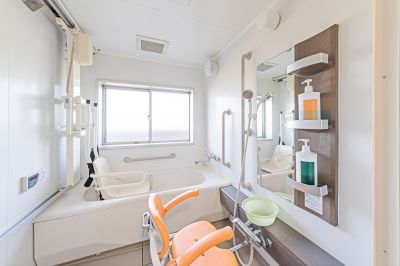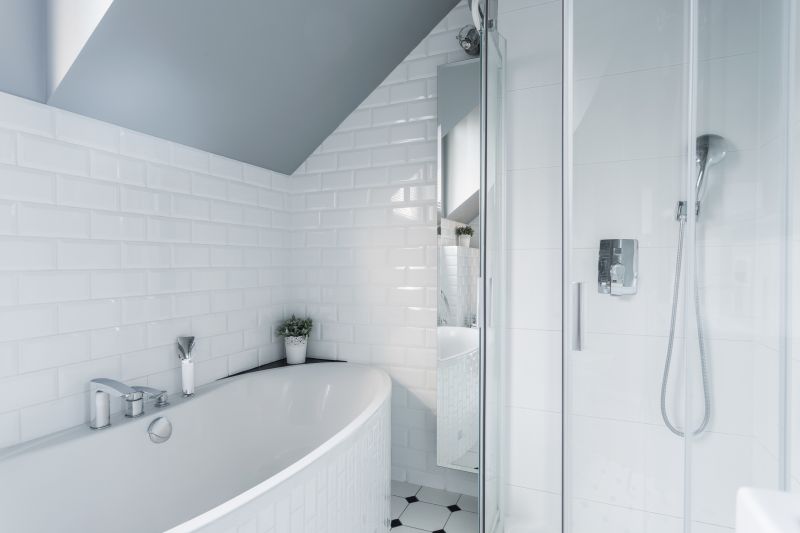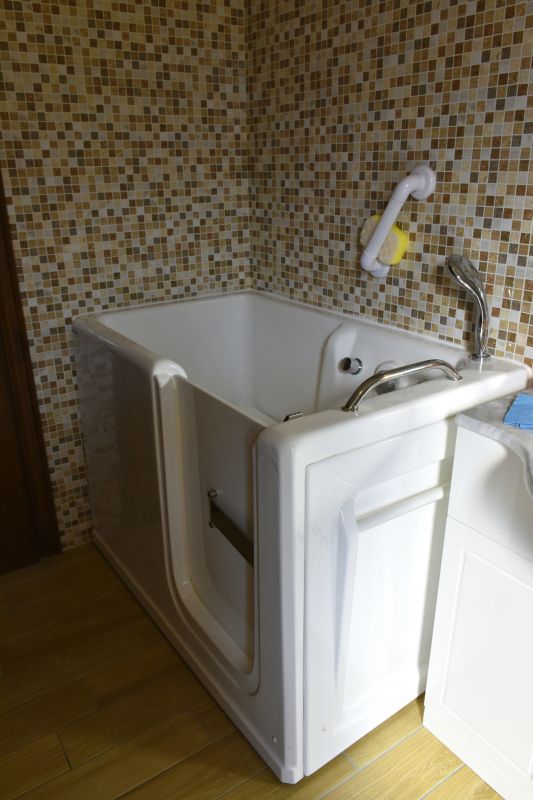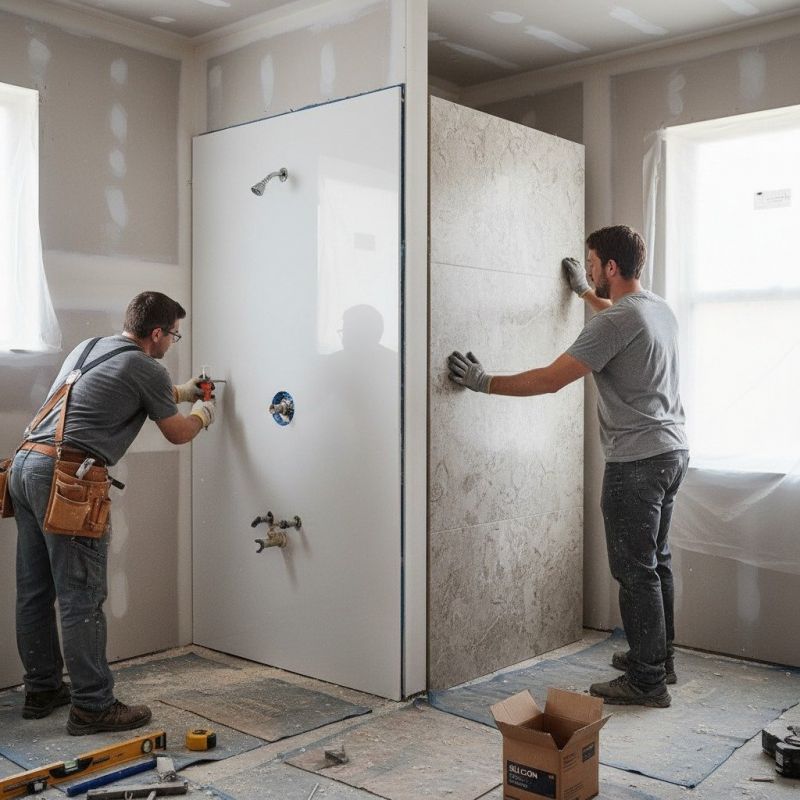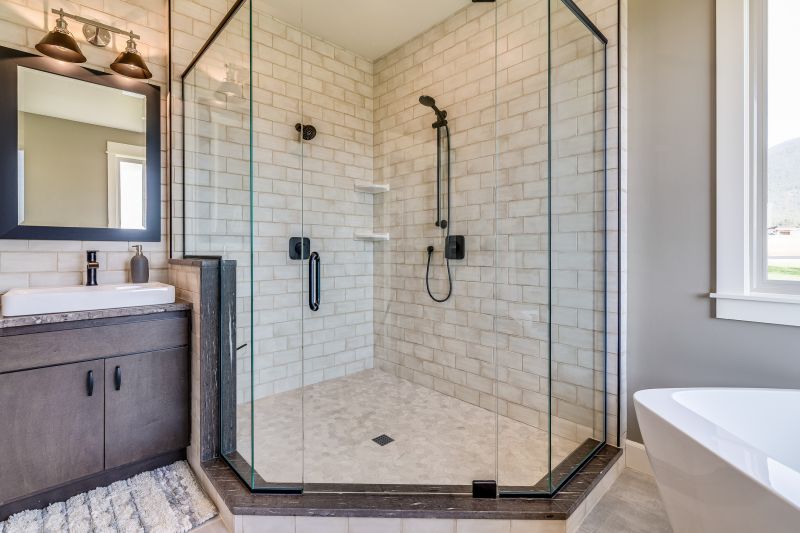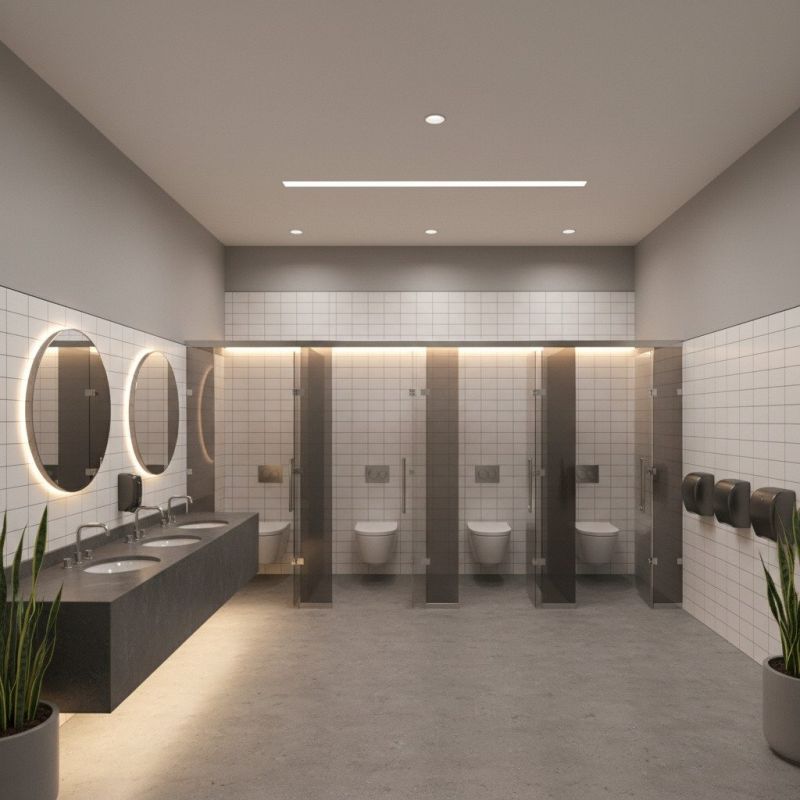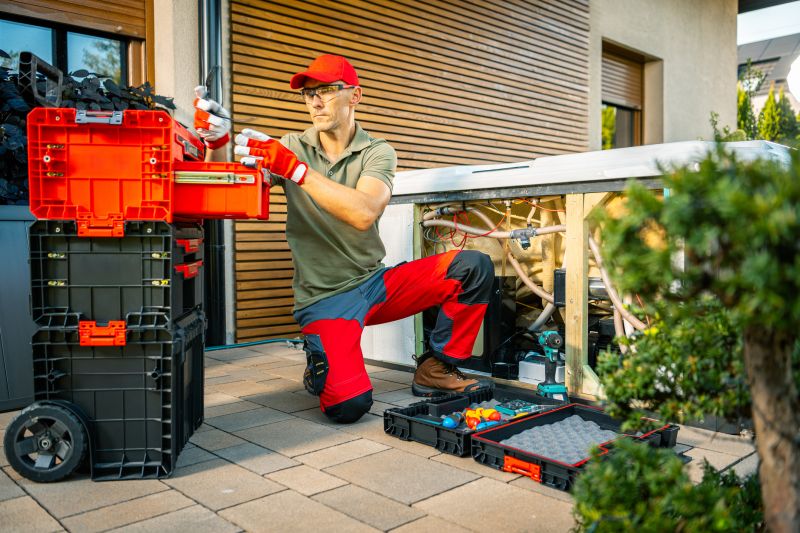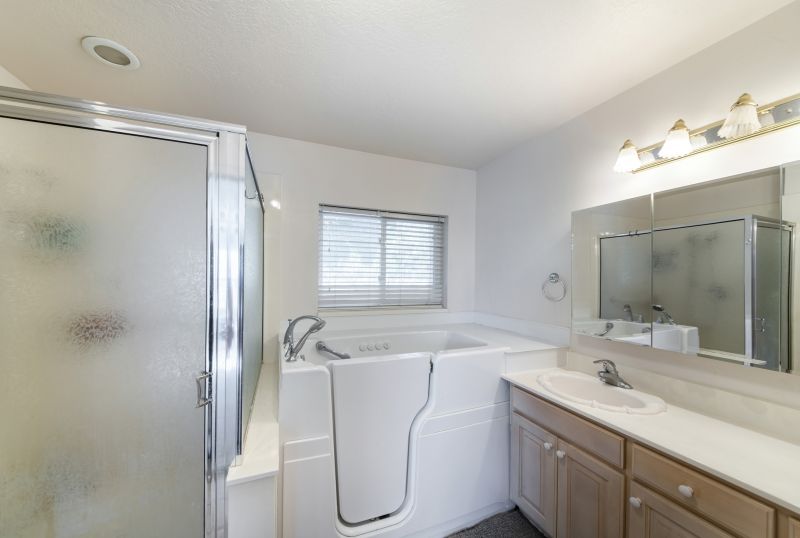
Accessible Tub Installation
Accessible tub installation services in Lewes, DE help create safer, more comfortable bathrooms for individuals with mobility challenges. Our local experts focus on quality, clear communication, and practical results to enhance safety and independence. From planning to completion, we prioritize minimizing disruption and delivering tailored solutions that meet your needs and space requirements, ensuring a smooth and reliable process.



